About Publications Library Archives
heritagepost.org

Preserving Revolutionary & Civil War History

Preserving Revolutionary & Civil War History

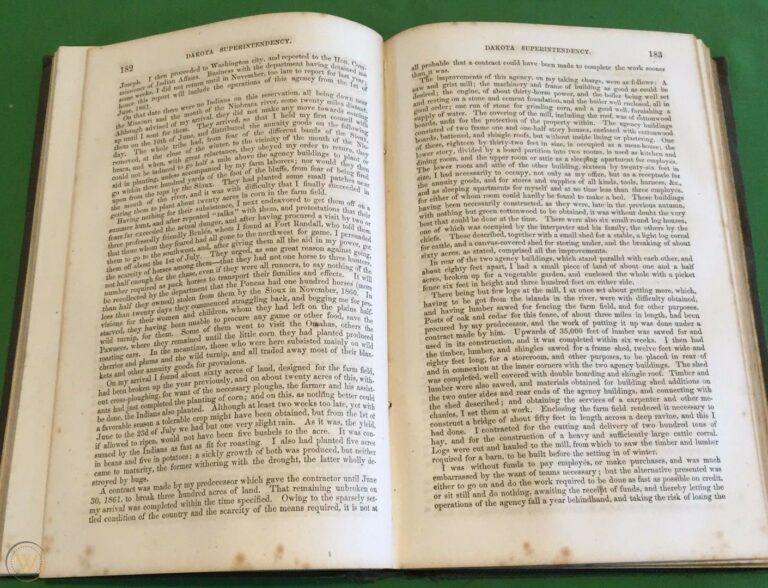
Date:1879 Annotation: Chief Joseph in the North American Review. Document: An Indian’s Views of Indian Affairs. I wish that I had words at command in which to express adequately the interest with which I have read the extraordinary narrative which follows, and…
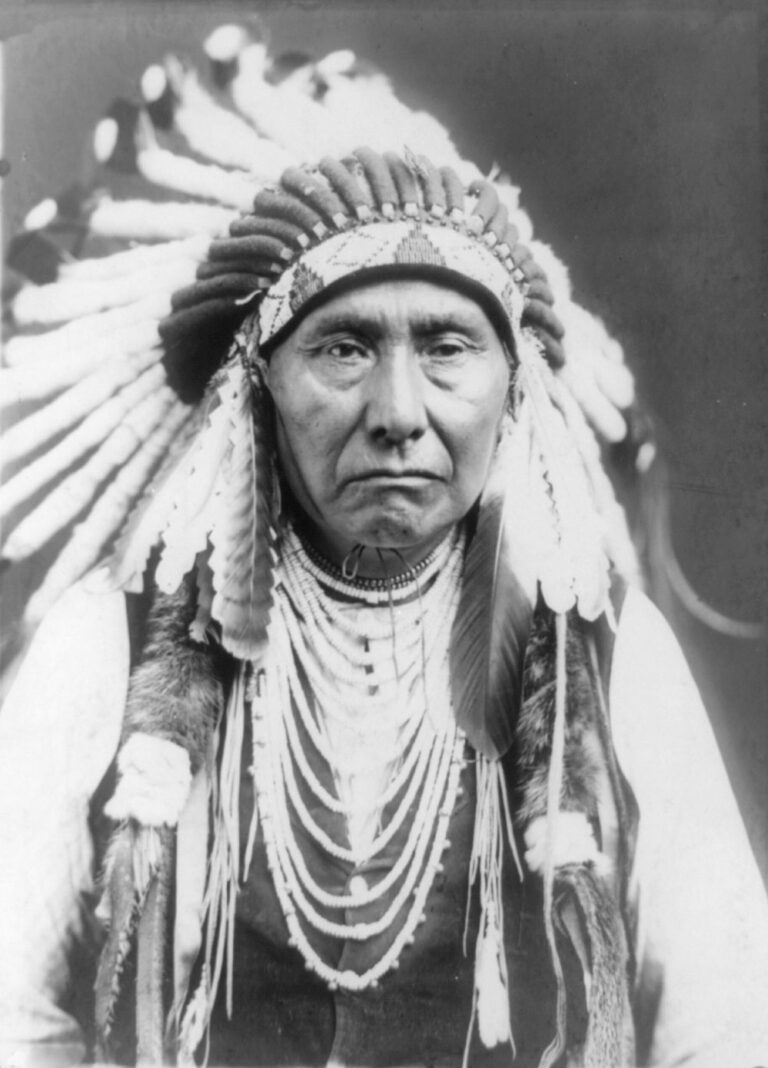
Date:1877 Annotation: The last great war between the U.S. government and an Indian nation ended at 4 p.m., October 5, 1877, in the Bear Paw Mountains of northern Montana. Chief Joseph of the Nez Perce nation surrendered 87 men, 184 women,…
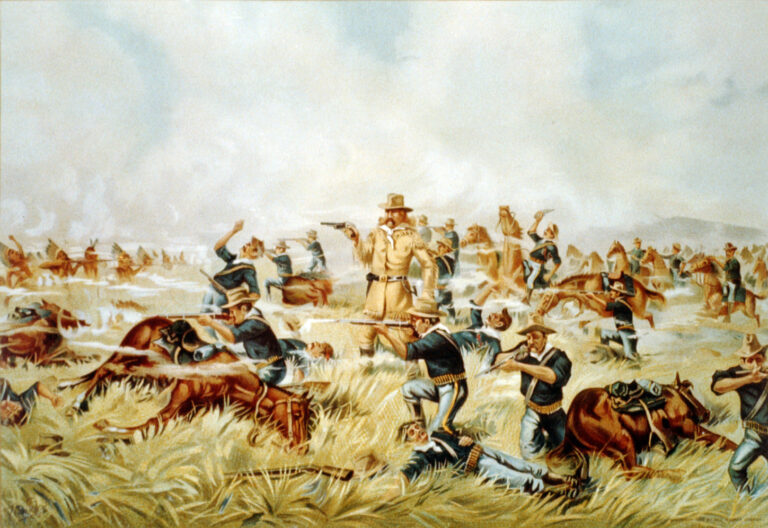
Date:1876 Annotation: A magazine article from Harper’s Weekly on Custer’s last stand. The United States government supported three forces led by Generals John Gibbon, George Cook, and George Custer to defeat the Lakota and Cheyenne Indians. Custer and his men advanced more quickly,…
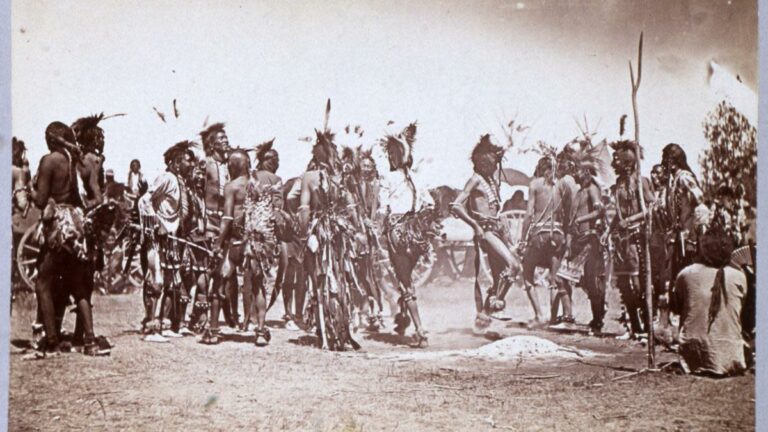
Date:1876 Annotation: Report of M.A. Reno on the Battle of the Little Big Horn. On July 5, 1876, ten days after the Battle of the Little Big Horn, the following report was written by Major Marcus A. Reno. Document: Reno’s Official Report,…
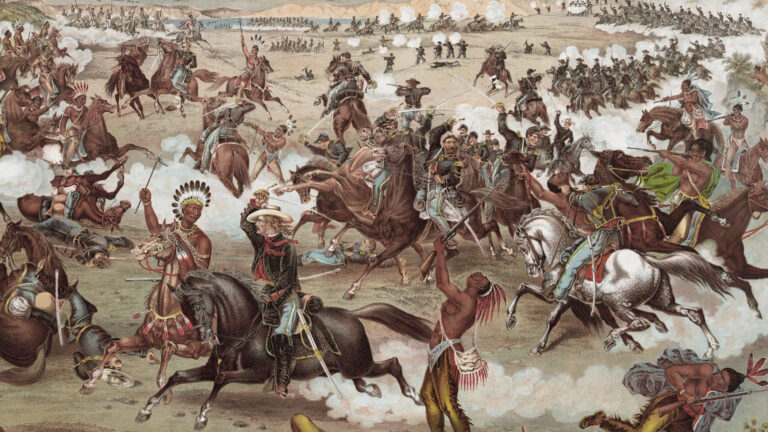
Date:1876 Annotation: Hollywood film star Errol Flynn portrayed George Armstrong Custer as the personification of American heroism, as an officer who died with his boots on. Decades later, the film Little Big Man depicted him as a narcissistic goldilocks and a psychopathic killer.…

Date:1868 Annotation: Treaty between the United States and the Plains Indians. In 1868, the Fort Laramie Treaty was signed that designated the Black Hills of the Dakota Territory as part of the Great Sioux Reservation. The U.S. government sought to set…
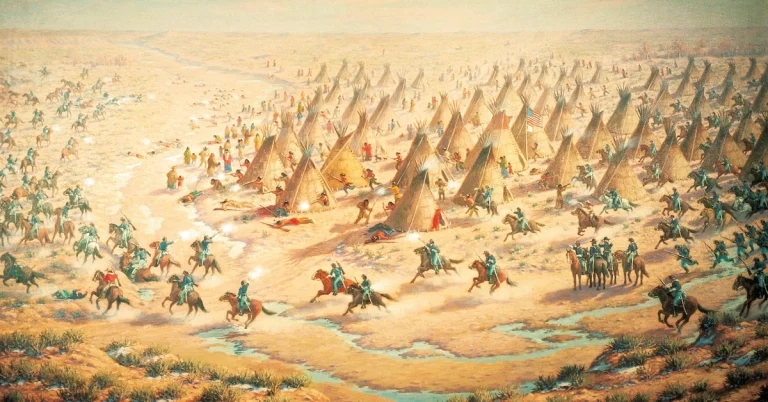
Date:1864 Annotation: Documents relating to the Sand Creek, Colorado, Massacre of 1864. Newspaper editorials Between 1858 and 1859, the discovery of gold brought a tremendous influx of white men seeking fortunes, infringing on the buffalo hunting grounds and territories of the…
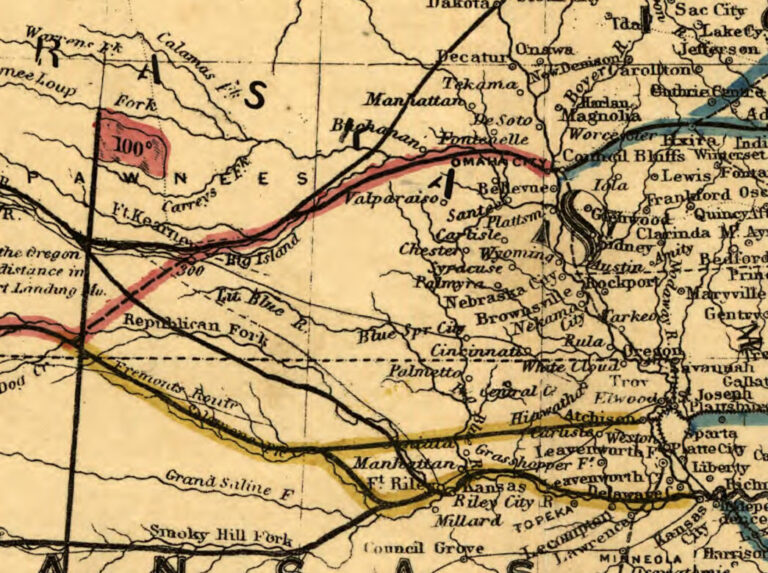
Annotation: The Pacific Railway Act authorized construction of the first transcontinental railroad, extending from the Missouri River to the Pacific Ocean. The act was approved and signed into law by President Abraham Lincoln on July 1, 1862. The Civil War and…

Date:1862 Annotation: Law providing for free land for western settlers. The Homestead Act of 1862 provided settlers with 160 acres of undeveloped land to encourage western migration. After paying a nominal filing fee, title to the land was granted for those…
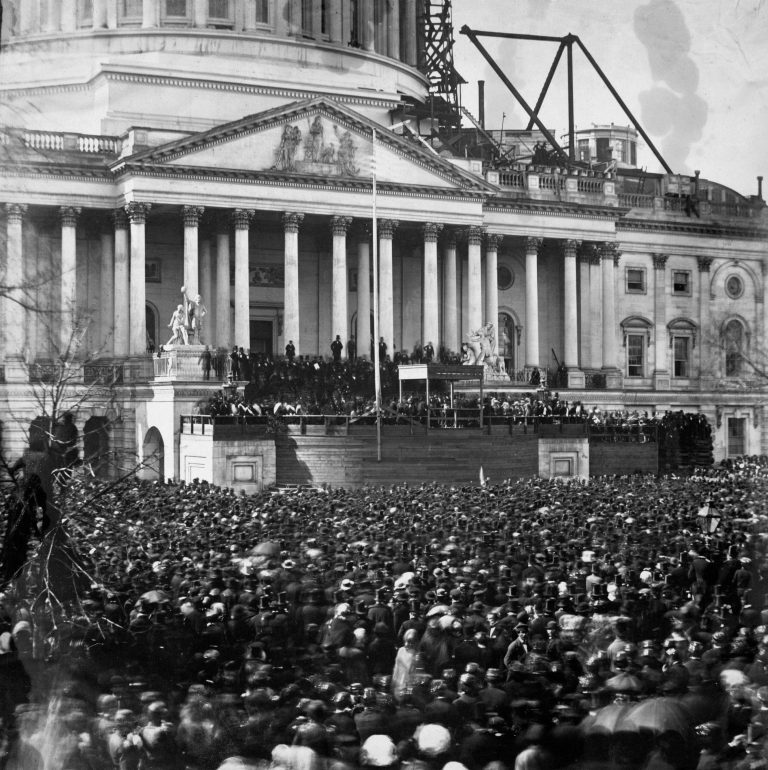
Author: Abraham Lincoln Date:1861 Annotation: When Abraham Lincoln was sworn in as the 16th president of the United States, he faced the grim reality that seven states had seceded from the Union. Faced with this national upheaval, Lincoln focused on…
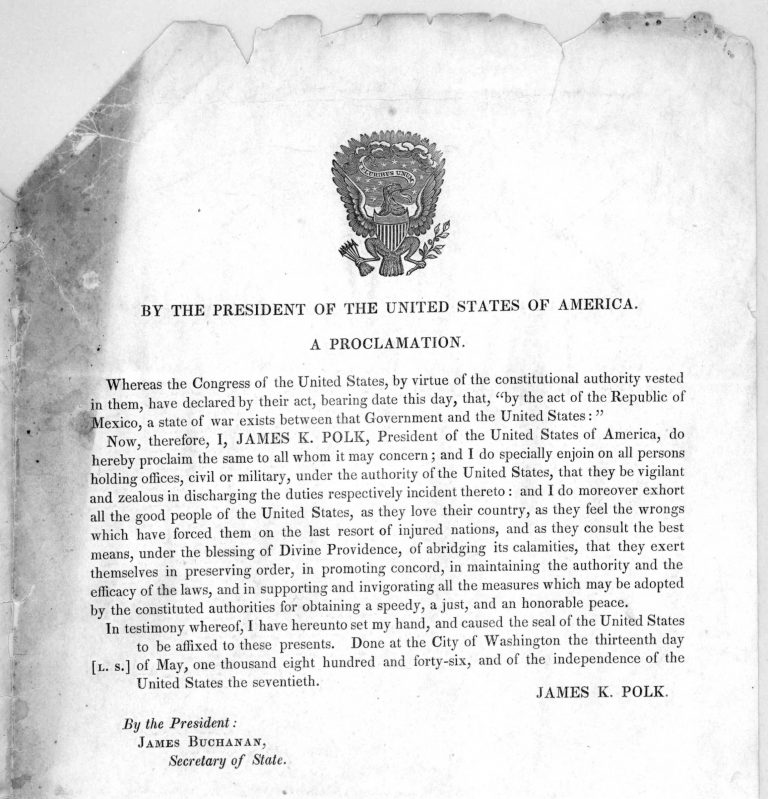
Author: Juan Nepomuceno Cortina Date:1859 Annotation: This text appeared in the Brownsville newspaper. Document: County of Cameron, Camp in the Rancho del Carmen, November 23, 1859 Compatriots: A sentiment of profound indignation, the love and esteem which I profess for you,…
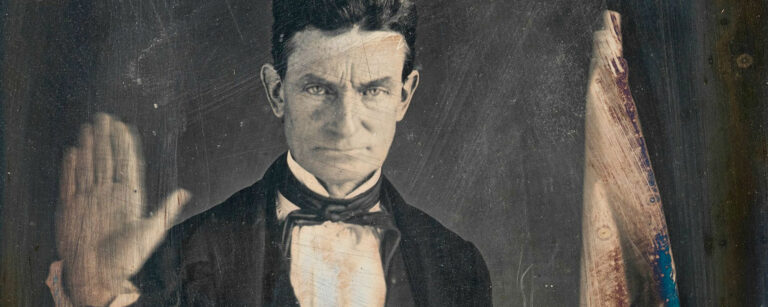
Annotation: At 8 o’clock, Sunday evening, October 16, Brown led a party of approximately 21 men into Harpers Ferry where they captured the lone night watchman and cut the town’s telegraph lines. Encountering no resistance, Brown’s men seized the federal arsenal,…